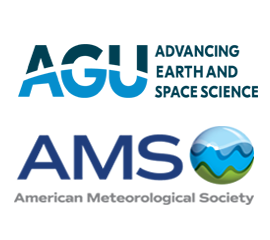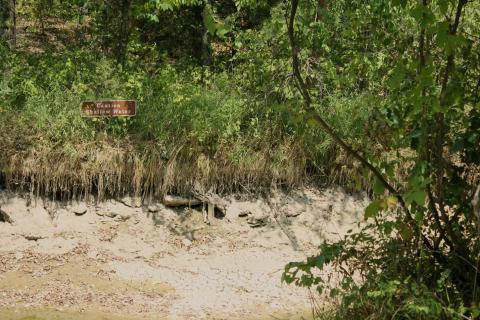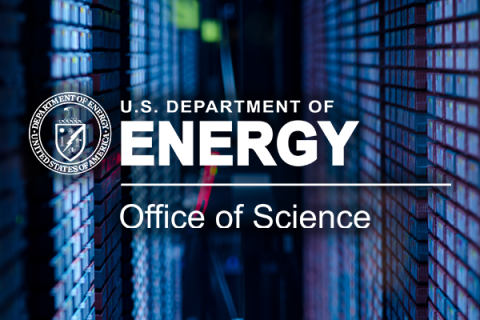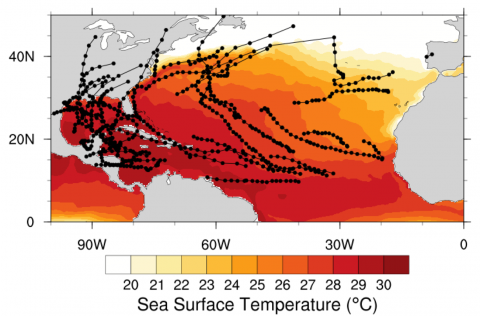Journal
PLOS ONE
Year of Publication
2022
Abstract / Summary
The Bering Sea experiences a seasonal sea ice cover, which is important to the biophysical environment found there. A pool of cold bottom water (<2°C)...
Volume
17
Pages
e0266180
Date Published
04/2022
DOI
10.1371/journal.pone.0266180
Clement Kinney, Jaclyn, Wieslaw Maslowski, Robert Osinski, Younjoo J. Lee, Christina Goethel, Karen Frey, and Anthony Craig. 2022. “On The Variability Of The Bering Sea Cold Pool And Implications For The Biophysical Environment”. Plos One 17 (4). Public Library of Science (PLoS): e0266180. doi:10.1371/journal.pone.0266180.
Funding Program Area(s)
Regional & Global Model Analysis
Regional & Global Model Analysis
RGMA
The Regional & Global Model Analysis (RGMA) program area advances the predictive understanding of Earth’s climate by focusing on a scientific analysis of the dominant sets of governing processes that describe climate variability and change at scales ranging from global to regional, and subseasonal to centennial.














